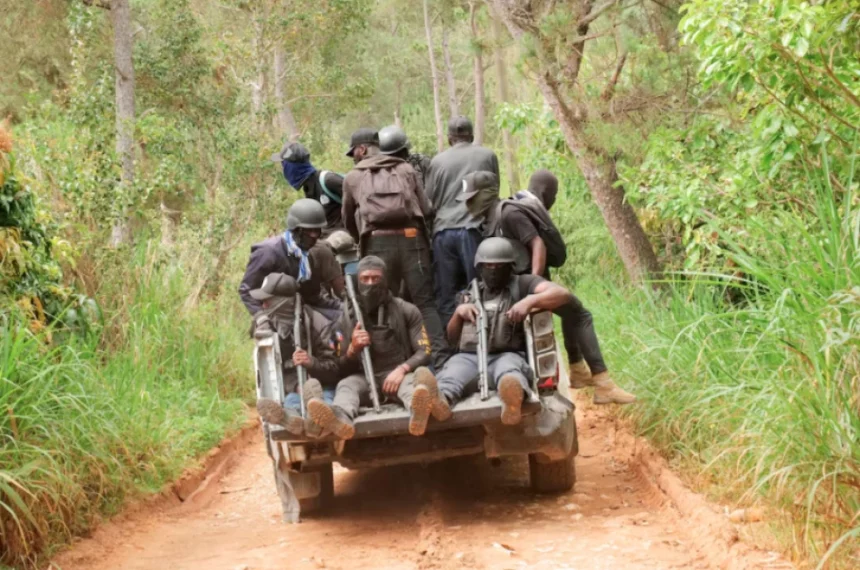The commander of the United Nations-backed security mission in Haiti, mandated to fight powerful armed gangs in the nation, on Thursday called on more countries to lend their support as he marked one year since the first troops deployed.
The first deployment of police from Kenya, which is leading the mission, arrived last June, over a year and a half after Haiti’s government had first requested urgent support.
“As a new model, funded by voluntary partners, the mission faces challenges – including funding, personnel and logistics – that are being addressed to enable the mission to achieve its objectives on schedule,” Godfrey Otunge, commander of the Multinational Security Support (MSS) mission, told reporters at an event in Port-au-Prince, the capital.
While the U.N. aimed for the mission, which was sent to aid the Haitian National Police, to reach some 2,500 troops, well under half are currently deployed. More than 3,000 personnel were pledged in initial commitments.
In a note sent to the U.N. Security Council last week, Kenyan President William Ruto said 991 troops were currently deployed, mostly Kenyans but also 150 Guatemalans, 78 Salvadorans, 23 Jamaicans, six Bahamians and two Belizeans.
He said that many were on standby because existing contracts for logistical support could not provide for them.
“The MSS is also operating below the required capabilities in terms of equipment and operational support necessary to execute the mission effectively,” Ruto added. “The equipment levels stand at below 30% of planned capabilities.”
Despite the lack of resources, Otunge said on Thursday that the mission had managed to establish two key strategic bases in the Artibonite department, the area outside the capital, worst hit by the violence.
Haitian leaders have repeatedly called for the voluntary mission to be converted into a formal U.N. peacekeeping mission in order to shore up resources, but efforts stalled at the Security Council after opposition from Russia and China.
Gang violence in Haiti has displaced some 1.3 million people from their homes, fueling hunger and insecurity, while hospitals have shut their doors, and much of the economy, judicial system and government remain paralysed.
Some 580,000 people were displaced before the first deployment.



